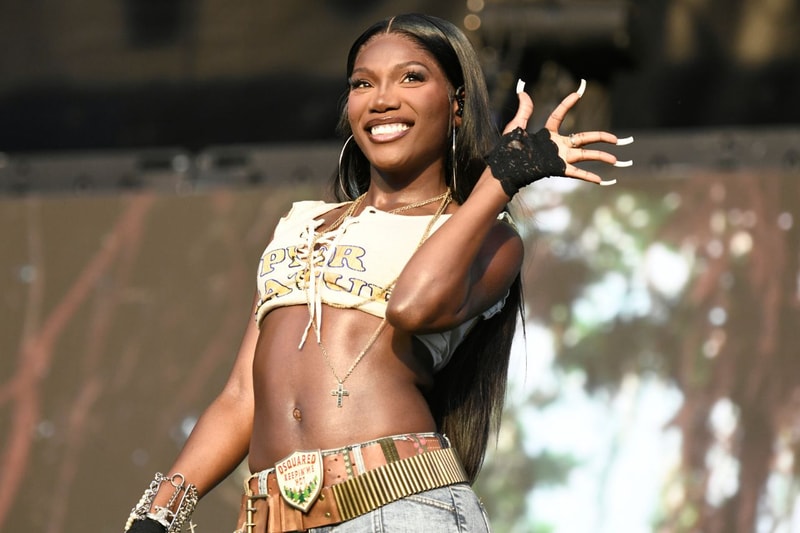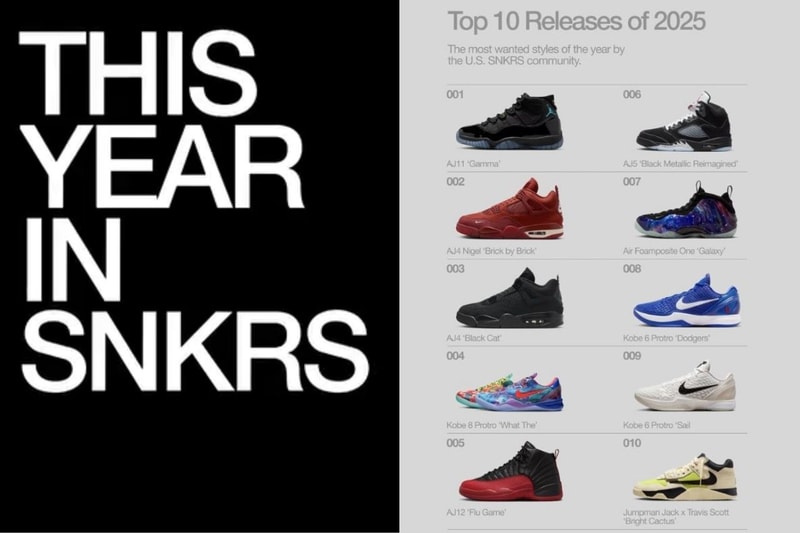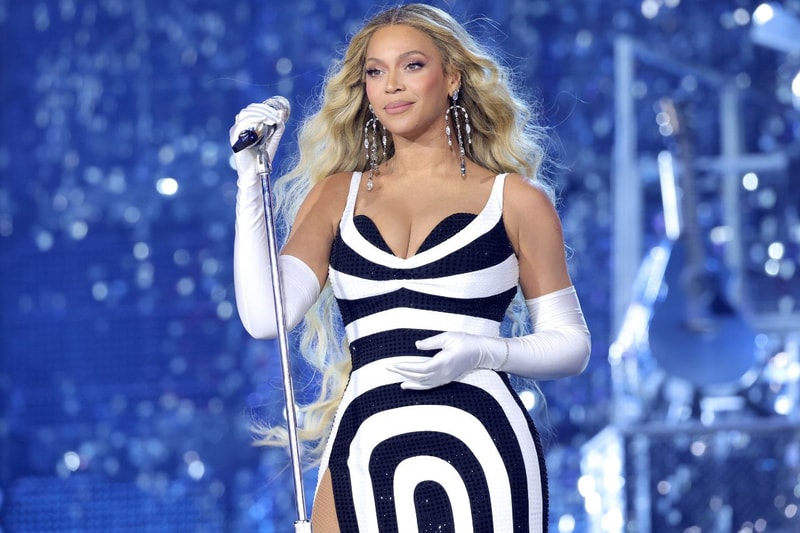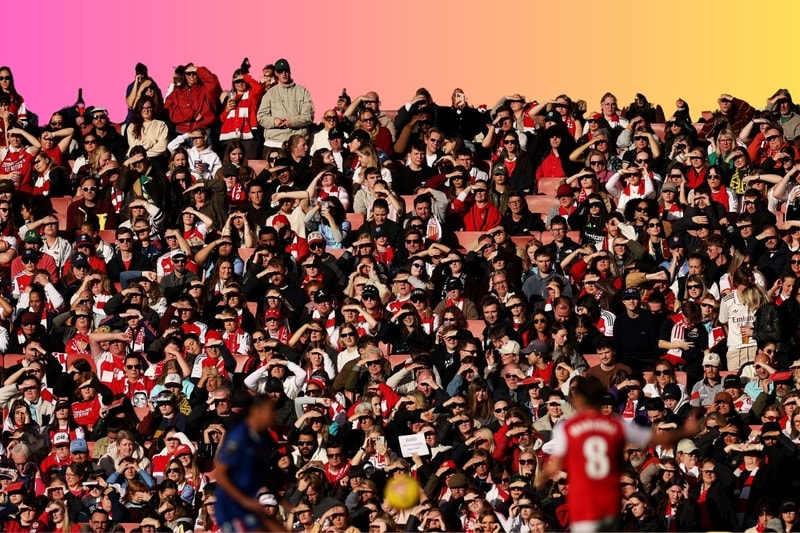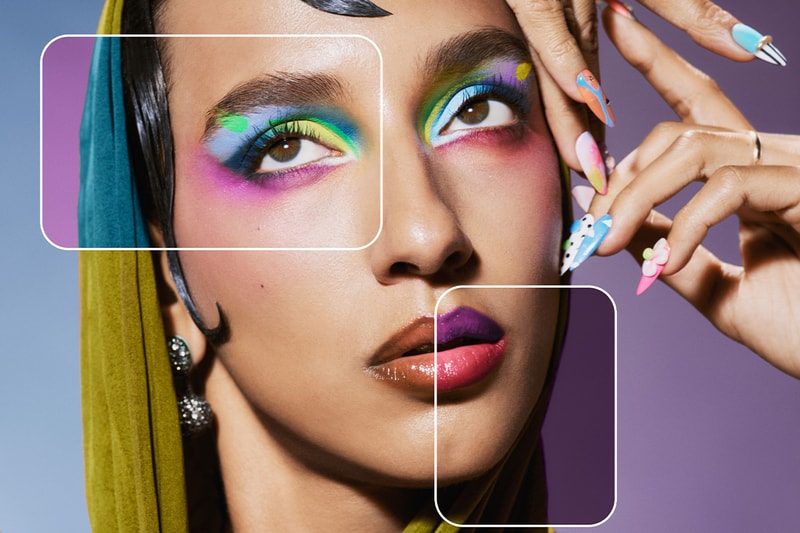INTERVIEW: Founder Sofia Prantera on Why Aries Is All About Community
info@hypebae.com (Hypebae) Thu, 20 Apr 2023 Hypebae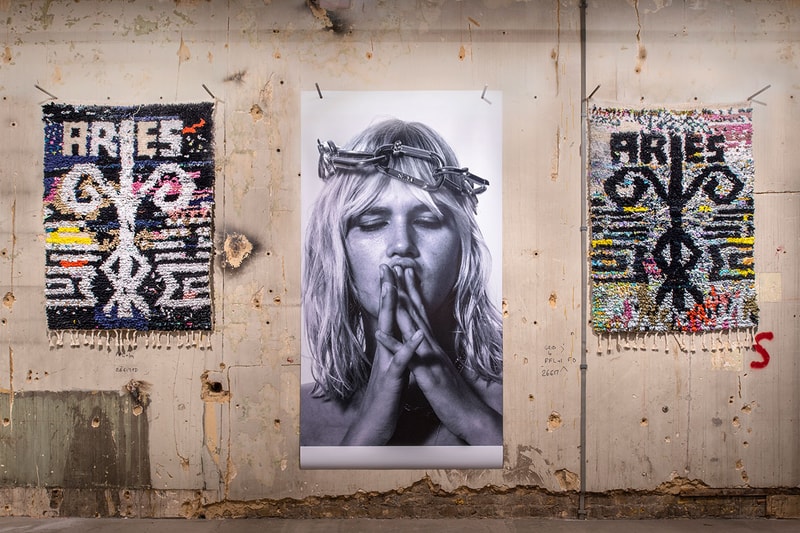
No matter how big it gets, what matters most to Aries is its community. Founded in 2012 by Central Saint Martins graduate, Sofia Prantera, the London-based streetwear label has stayed true to its DIY ethos and collaborative spirit against all odds. Through countless collaborations with major players like FILA, Juicy Couture and Tommy Hilfiger alongside appearances on Euphoria and The White Lotus, what keeps Aries humble is the people that surround it.
It's for that reason, that the brand's first-ever London flagship just opened in Soho, a place permeated by streetwear pioneers. From Palace to Maharishi, Prantera's friends and family border the uniquely-positioned space, a goal that's been years in the making. "We couldn't have afforded something like this before and we wanted something impressive, that's one of the reasons this took so long," Prantera tells Hypebae.
In terms of what it'll mean to its community, the aim is clear. "Life is not just about selling clothes," the founder expands. "I think it's about creating communities and having people around you, having a space that allows you to communicate ideas." As the London store officially opens its doors, we caught up with Prantera to find out more about the process behind opening the Soho location, the importance of community and collaboration and what her vision is for the future of Aries.
Scroll down to read the full interview.
Tell us a bit about the decision to open Aries' first London store so many years after founding the brand. What was the turning point for you?
It was always a goal to open the store. Initially, I had a brand which had three stores in Japan which I sold in 2007. We had the same distributor as Supreme and the concept was always to go straight to retail because I think that when you have a store, your brand has more of an identity. We had a pop-up in 2016 but the aspiration was always to do something that felt quite excessive and didn't feel like just a small store.
Both Nicki [Bidder] and I were always aligned in that we wanted to have something that felt grand and spacious and wasn't necessarily just about selling clothes. We both really like the idea of creating new cultures, even though it's not always the most commercial way to look at something. I think a lot of people would walk in here and think "what the f-ck?" but life is not just about selling clothes. I think it's about creating communities and having people around you, having a space that allows you to communicate ideas. We couldn't have afforded something like this before and we wanted something impressive, that's one of the reasons this took so long. That and after lockdown, none of us really understood physical spaces anymore.
What's the significance of Soho as an area?
We never looked anywhere else. We wanted somewhere in Soho but we always wanted to be a little off the beaten path, which was also a risky idea. This is where our community lives and there's so many likeminded brands around us. We walked into this store and immediately felt a sense of being in New York in the '90s, it just conveyed exactly what we wanted it to.
Post-covid and in the digital age, how do you think that having a physical space here will help to connect Aries with its community?
I think the world has really changed. Even the way we're communicating has changed, back then it was very much about commercial communication and direct communication worked so well, but I don't think people want that anymore. They want to feel that businesses are interested in who they are and they want us to provide more things than just commerce. I think you need a space to be able to really show people who you are.
Even the way our lines were designed, they were with wholesale in mind and the idea that we're always being represented in other spaces. It's a difficult brand, one that's not easily presentable anyway, and it's not until you see it and understand its environment that you really understand it. Everything in [the store] is geared up to become something else, it's all moveable and within an hour you can have a completely different space. We wanted something that was really versatile so that we can convey a shopping experience and an event experience.
We've always said that fashion is a conduit for culture and we've always believed that it's important for the community to have something where they can meet and just have fun. Plus, everything has been produced specifically for the space and its not about throwing things away. We've done a lot of exhibitions and you see the waste in making things that just get thrown away.
Amidst collaborations with the likes of Tommy Hilfiger and Juicy Couture and partnerships throughout the store itself, it feels as though Aries is shifting its priorities even more so towards co-creation and community. Why is that?
Whether it's with friends or commercial collaborations, it's all about having likeminded people around us. It all feels really organic and I think that's really important, maybe more so than the clothes themselves now. As an independent brand, a lot of your growth relies on making certain moves and collaborations. We've seen it with Palace and Supreme and it's extremely important, both financially and in terms of visibility.
For us, the premise for most collaborations is about who there is that's likeminded, that will help us with the investment and the visibility that we need but also feels organic and feels right. I was around when the first collaborations started coming along and we didn't see it as a need for ourselves at that point, but it's an effective way for both brands to create something new. It allows the other brand to go into territories that are more risky that they might have not been allowed to and the smaller brand to benefit from a level of communication that they wouldn't otherwise have.
Our collaborations are never about just branding a brand, I often think "If I was the head of this brand and I was allowed to do anything, what would I do?" I think sometimes it's about that other brand understanding that you're communicating with a specific audience that is very savvy and that wants newness and something unexpected. It's not just about making a product, it's about making a story.
Now that the space is open at last, what's next for the brand? What do you see the future of Aries looking like?
Recently, we've been on what I call survival mode because of the store. We've really honed in on doing all the things we needed to do, but now I want to do something that we don't necessarily need to do. There's a few ideas I have but it's not just about my ideas. That's why I have trouble being photographed about it because I don't think it's just me, you know? It's about everyone that's involved in it and Aries has really become its own entity.



